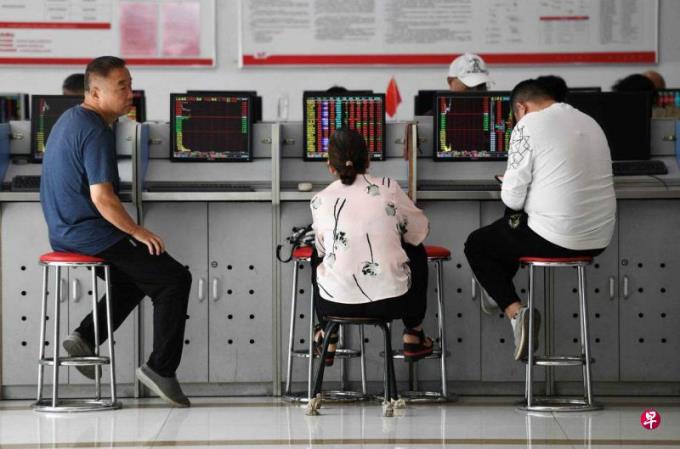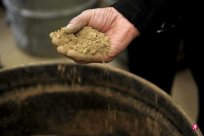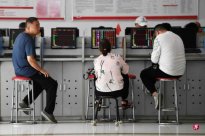
After the Chinese stock market stopped falling and heated up, he vomited and vomited again.Most of the gains show that even if the central government has taken out the stimulus policy, it is still not stable enough to market confidence in insufficient support for consumption and no clear solution in the real estate industry.
China announced the issuance of 10 trillion yuan (RMB and S $ 189.2 billion) in the evening of Tuesday (October 24). Driven by good news, on Wednesday (25th), Mainland AThe opening of the stock and Hong Kong stocks rose, stopping a four -day decline.
The Shanghai and Shenzhen 300 Index rose 1.2%in early trading, the largest increase in one month, and the Chinese stock index listed in Hong Kong rose more than 3%.However, the stock market fell in the afternoon. By the afternoon closing, the CSI 300 index rose only 0.5%, and the Hang Seng China Enterprise Index closed up 1%.
Willer Chen, a senior research analyst at the investment company Forsyth Barrr, told Bloomberg that, in view of the "ultra -low level" of the current market, the latest government stimulus measures may lead to some short supplements and trigger a rebound, but because the new rebounds, but the new rebound, but the new rebound, but the new rebound, but the new rebound, but the new rebound, but because the new is new, but the new rebound is triggered, but because the new reboundThe support for consumption recovery will be relatively small, so it is not sure how long the rebound can last.
At the same time, real estate problems still have no clear solution, and they still drag the market.Country Garden officially occurred on Wednesday's first official US dollar bond defaults, which is the latest setbacks in the real estate industry that is in trouble.However, Zhu Min, former central bank officials and president of the National Financial Research Institute of Tsinghua University, told Bloomberg earlier that newly added government bonds will avoid flowing funds into the real estate industry.



